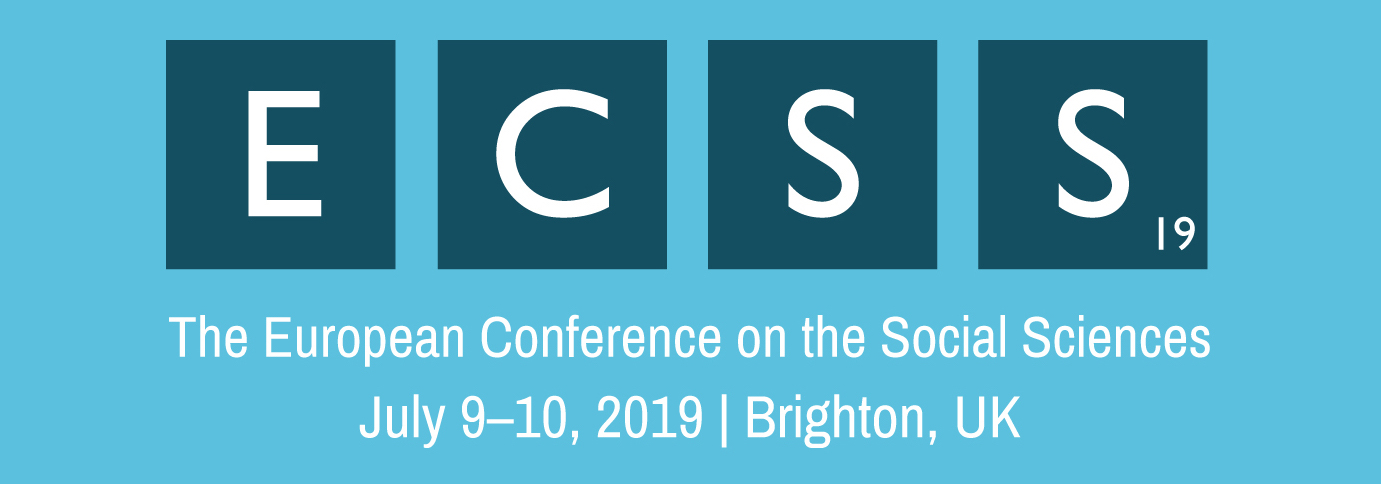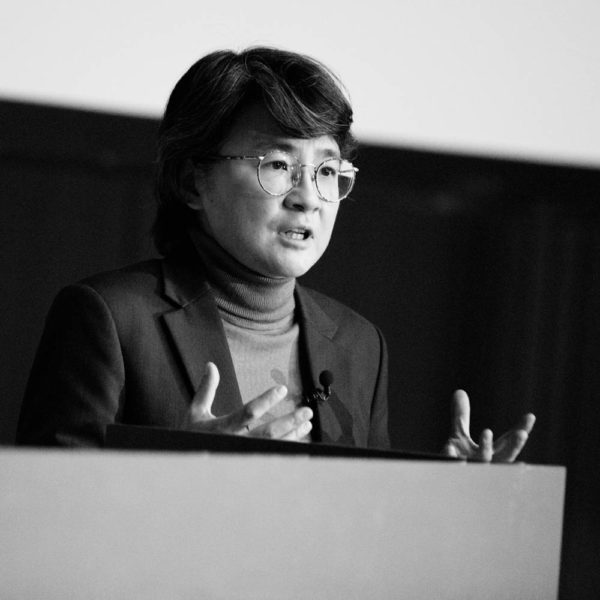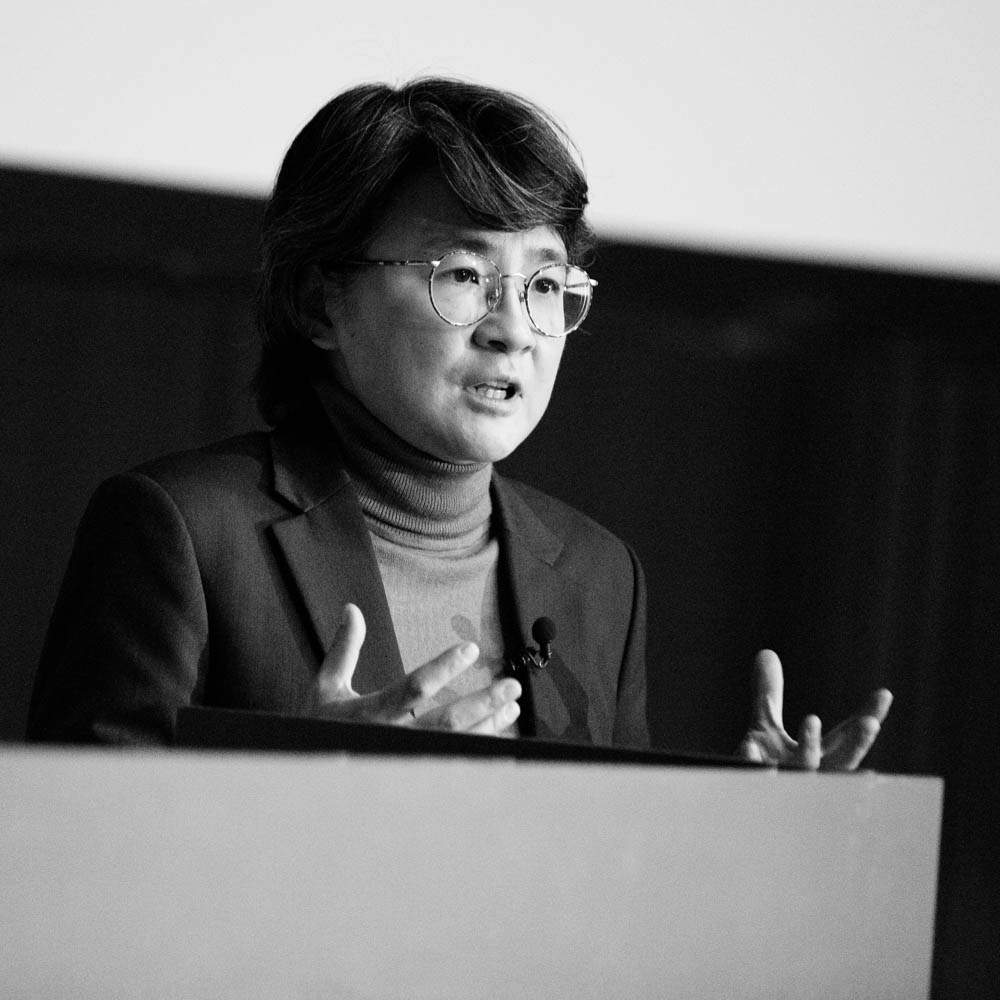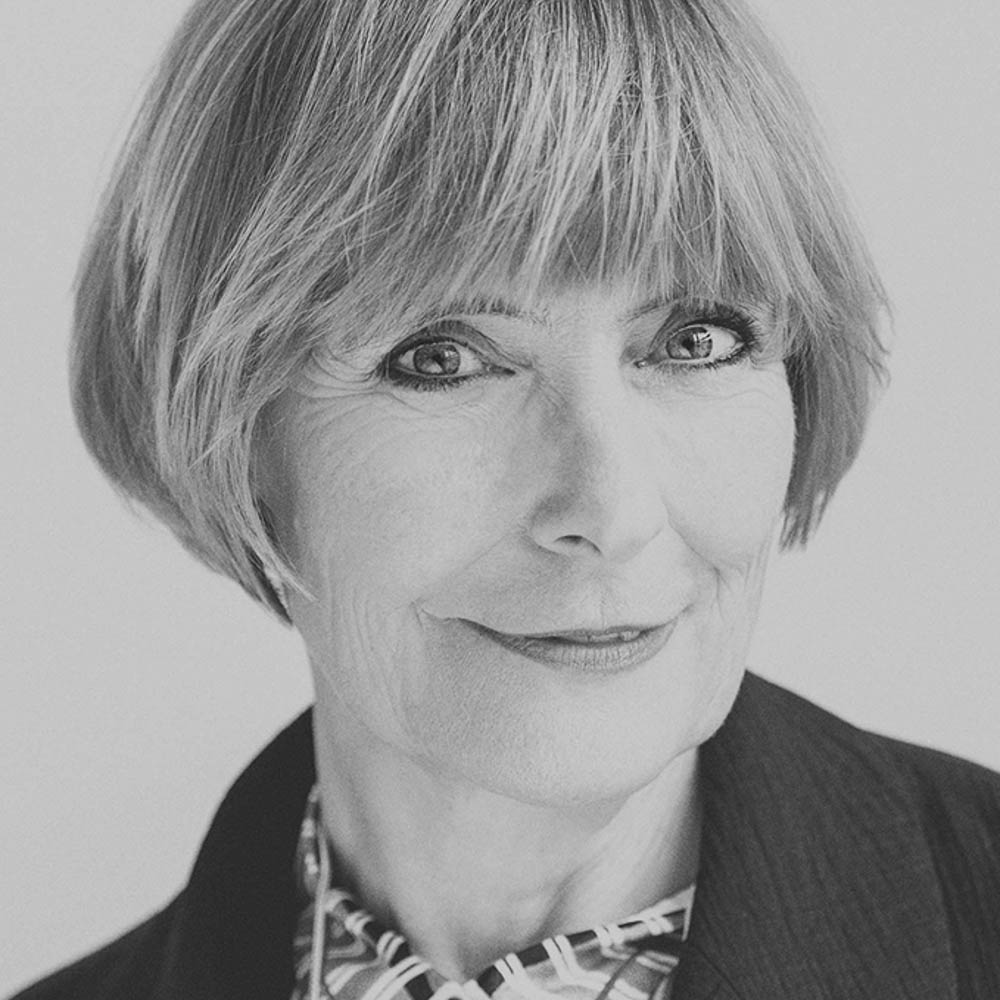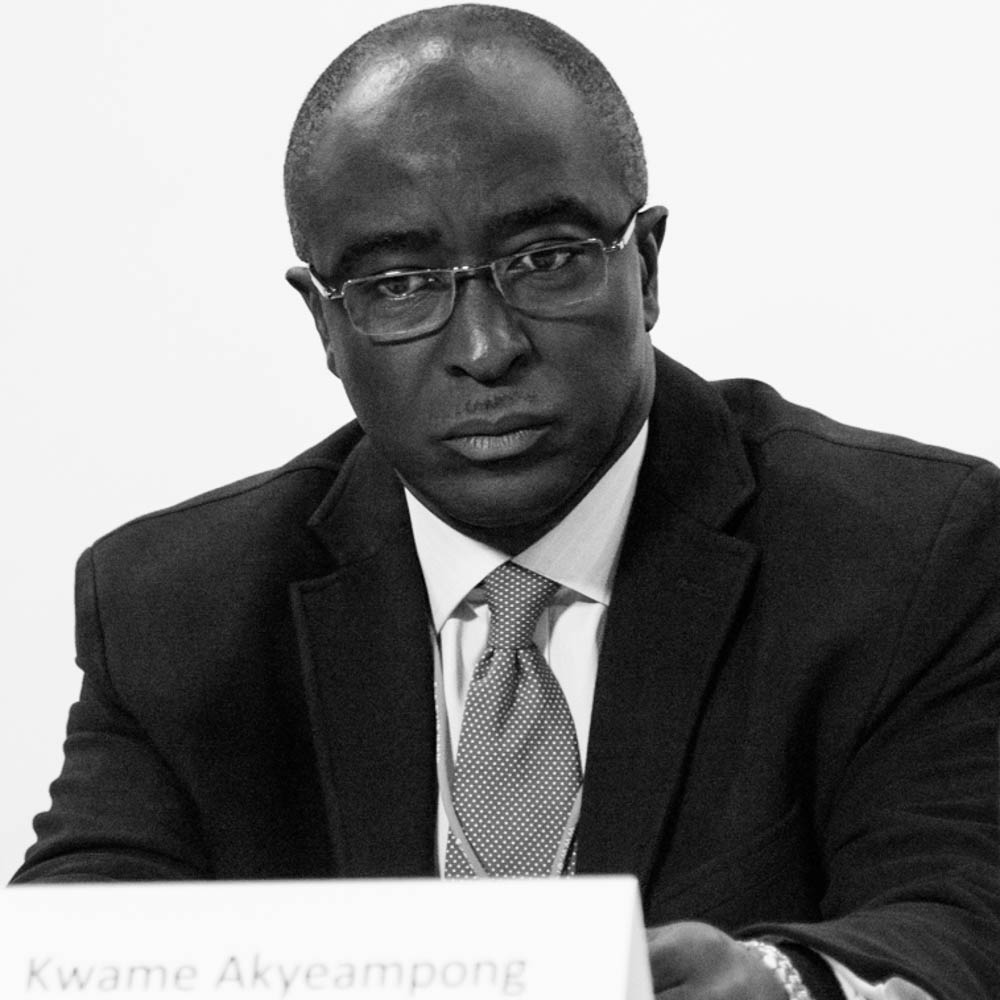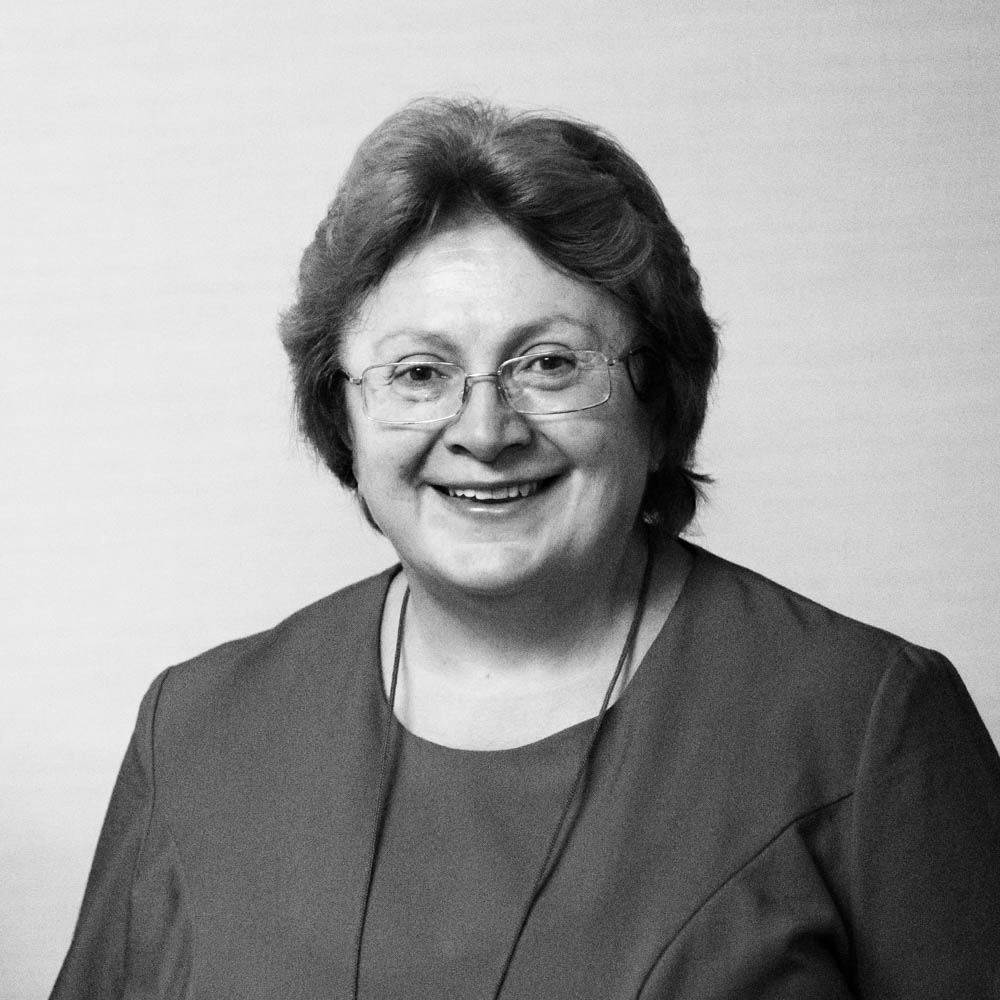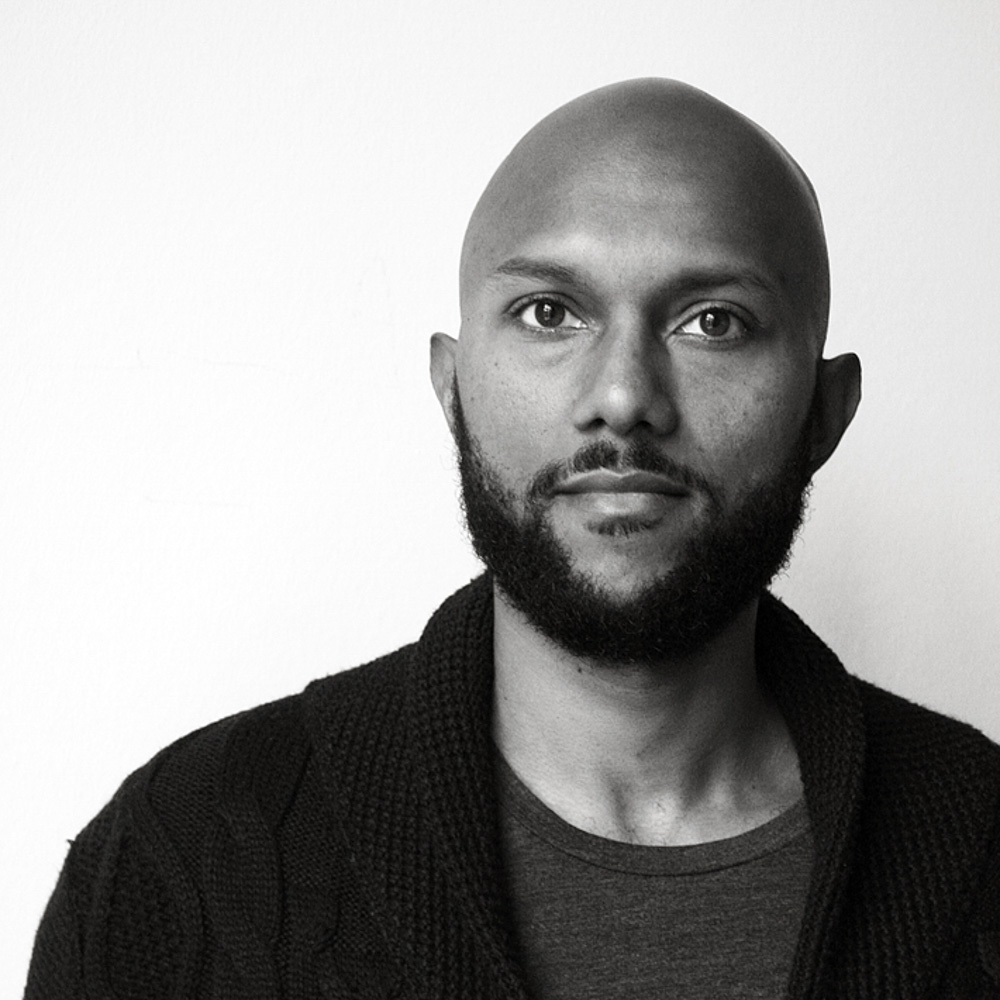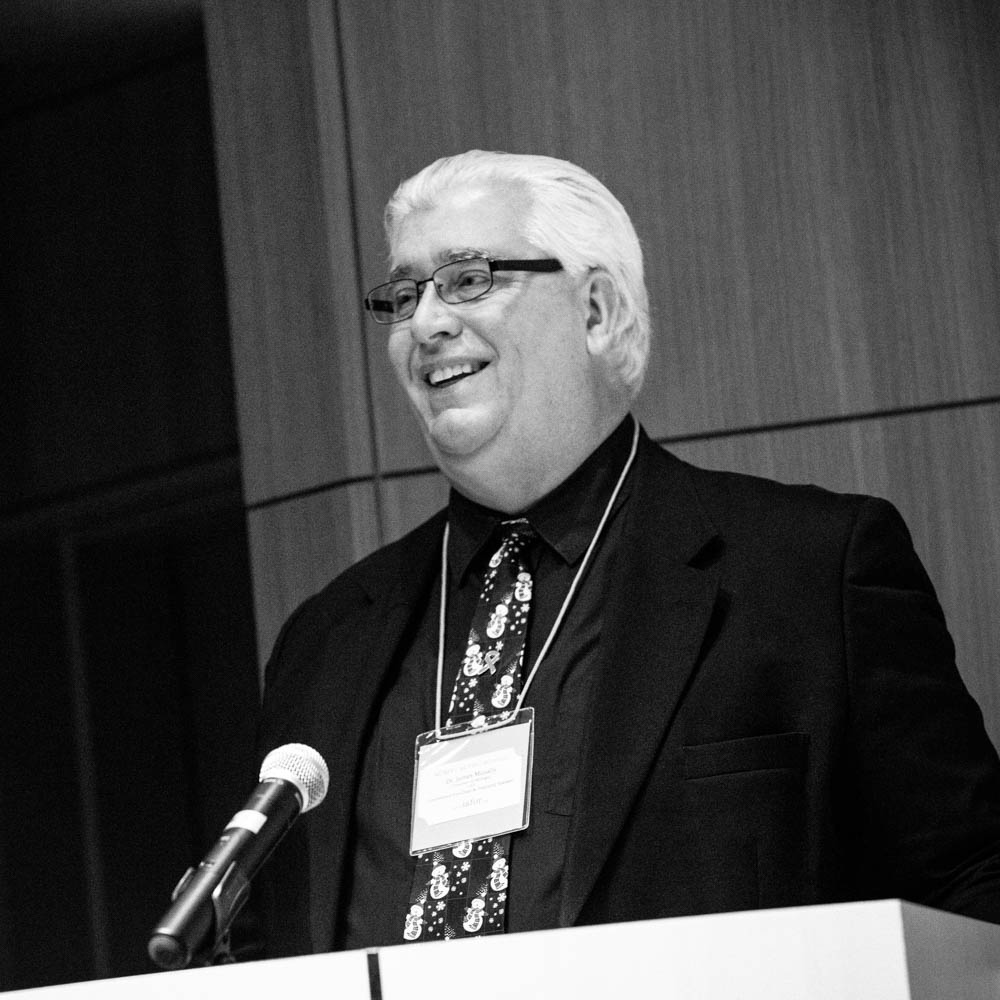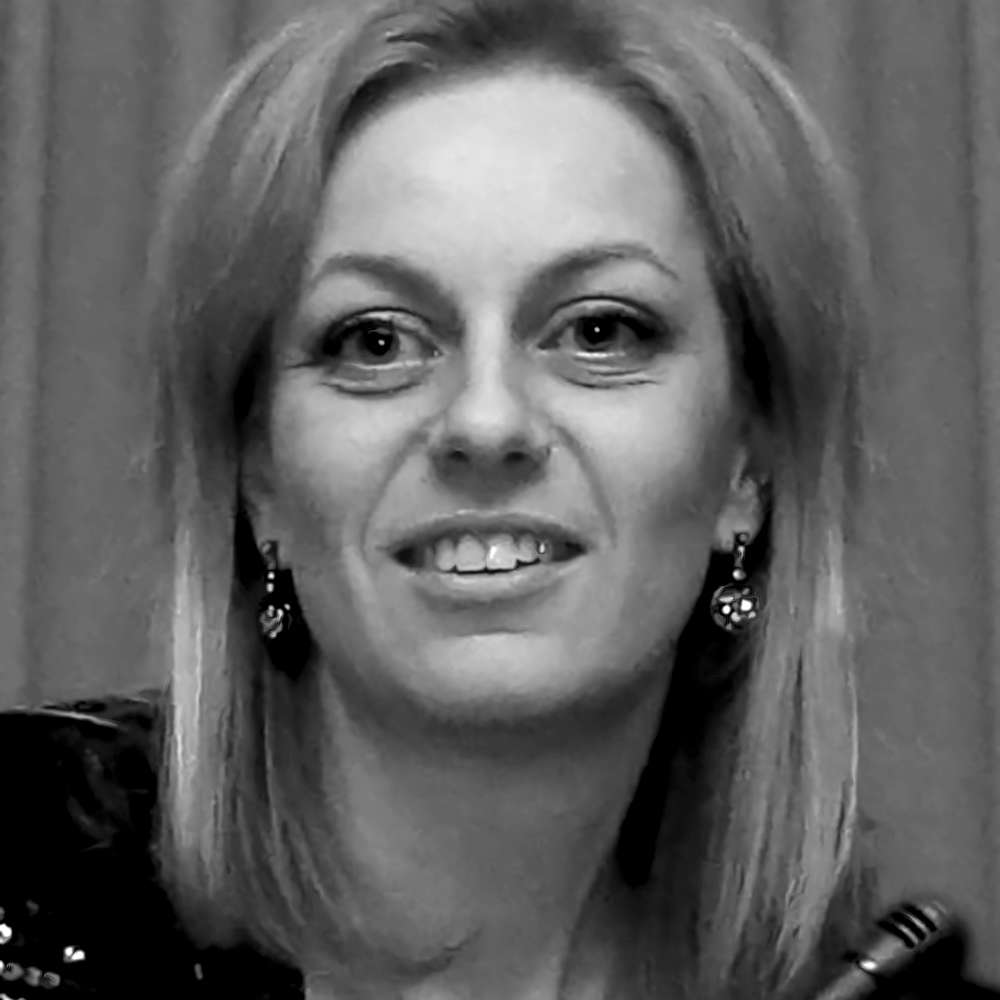The Final Call for Papers deadline has passed.
To register as an Audience member, please visit the Audience Registration page. Thank you.
Conference Theme: "Independence & Interdependence"
July 9-10, 2019 | The Jurys Inn Brighton Waterfront, Brighton, UK
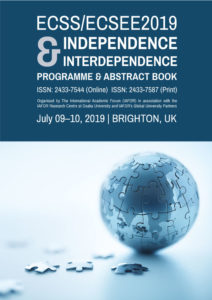 The technological and logistical advances of globalisation have enabled us to become independent and empowered as never before, but at the same time made us more dependent on the very things allowing autonomy. While technologies allow us to communicate with those on the other side of the world, they can also make us detached from those immediately around us, and in some cases alienated, or lonely. And yet this increased interconnectedness offers great opportunities to work together to solve some of the world’s most pressing issues, and reminds us of our responsibilities towards each other. Our independence is contextualised in the relations we enjoy with others; in our families and communities, shared institutions, in our wider societies, geographical and political entities, and finally as a part of the one world we all share.
The technological and logistical advances of globalisation have enabled us to become independent and empowered as never before, but at the same time made us more dependent on the very things allowing autonomy. While technologies allow us to communicate with those on the other side of the world, they can also make us detached from those immediately around us, and in some cases alienated, or lonely. And yet this increased interconnectedness offers great opportunities to work together to solve some of the world’s most pressing issues, and reminds us of our responsibilities towards each other. Our independence is contextualised in the relations we enjoy with others; in our families and communities, shared institutions, in our wider societies, geographical and political entities, and finally as a part of the one world we all share.
The conference theme for ECSS2019 is Independence & Interdependence, and we hope and expect this important thematic lens to encourage wide reflections on the importance and interrelation of such concepts as autonomy and identity, rights and responsibilities, and power and control; and within a variety of contexts from politics and geopolitics to energy, sustainability and the environment; and from education, technology and logistics, to culture and language; from psychology and security, to considerations of equity and justice.
In conjunction with our Global Partners, including the University of Sussex and Birkbeck, University of London, we look forward to extending you a warm welcome in 2019.
– The ECSS2019 Organising Committee
Kwame Akyeampong, University of Sussex, UK
Anne Boddington, Kingston University, UK
Eddie Bruce-Jones, Birkbeck College School of Law, University of London, UK
Evangelia Chrysikou, University College London, UK
Joseph Haldane, The International Academic Forum (IAFOR), Japan
Tom Houghton, Curtin University, Australia
Ljiljana Markovic, University of Belgrade, Serbia
James W. McNally, University of Michigan & NACDA Program on Aging, USA
Speakers
Programme
Organising Committee
The Conference Programme Committee is composed of distinguished academics who are experts in their fields. Conference Programme Committee members may also be members of IAFOR's International Academic Board. The Organising Committee is responsible for nominating and vetting Keynote and Featured Speakers; developing the conference programme, including special workshops, panels, targeted sessions, and so forth; event outreach and promotion; recommending and attracting future Conference Programme Committee members; working with IAFOR to select PhD students and early career academics for IAFOR-funded grants and scholarships; and overseeing the reviewing of abstracts submitted to the conference.
-
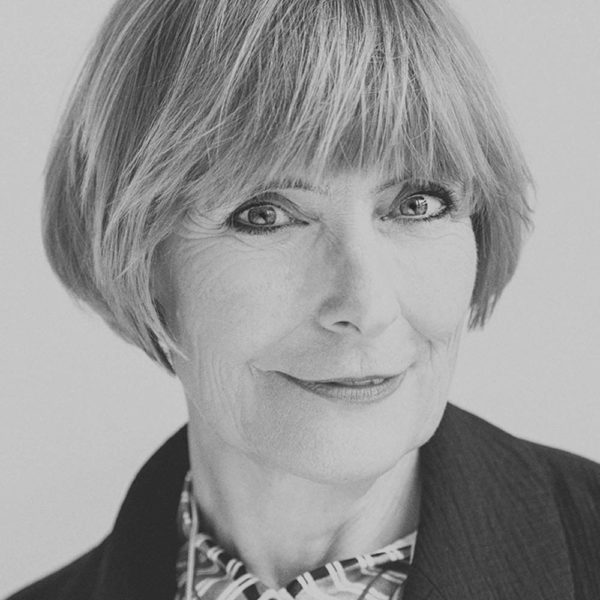 Anne BoddingtonKingston University, UK
Anne BoddingtonKingston University, UK -
 Joseph HaldaneThe International Academic Forum (IAFOR), Japan
Joseph HaldaneThe International Academic Forum (IAFOR), Japan -
 Tom HoughtonCurtin University, Australia
Tom HoughtonCurtin University, Australia -
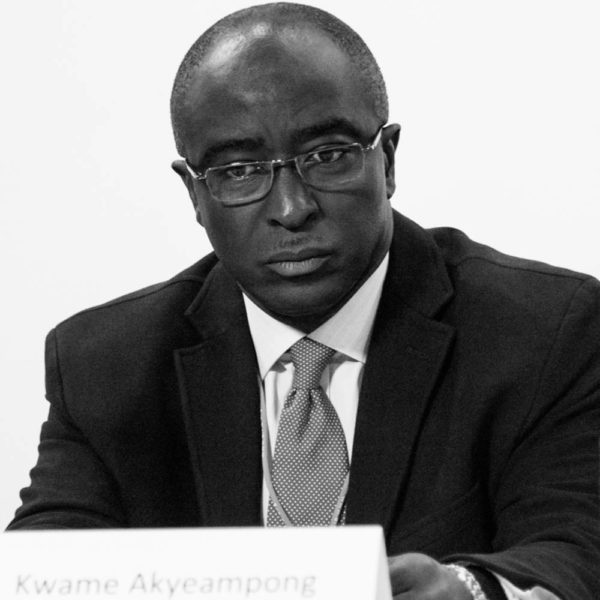 Kwame AkyeampongUniversity of Sussex, UK
Kwame AkyeampongUniversity of Sussex, UK -
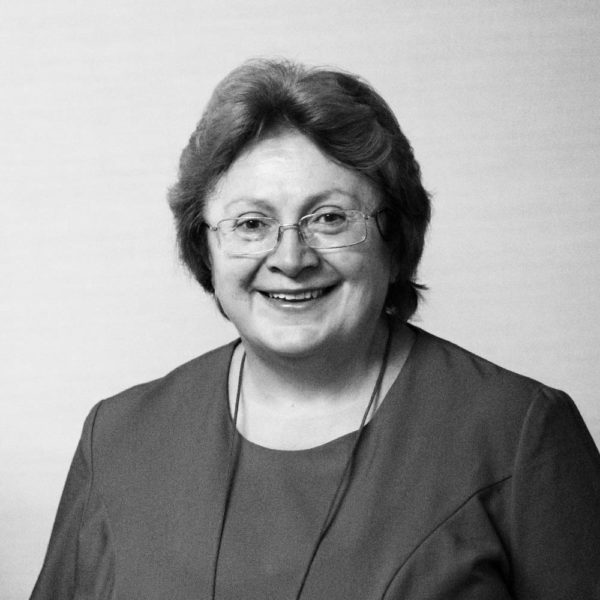 Ljiljana MarkovicUniversity of Belgrade, Serbia
Ljiljana MarkovicUniversity of Belgrade, Serbia -
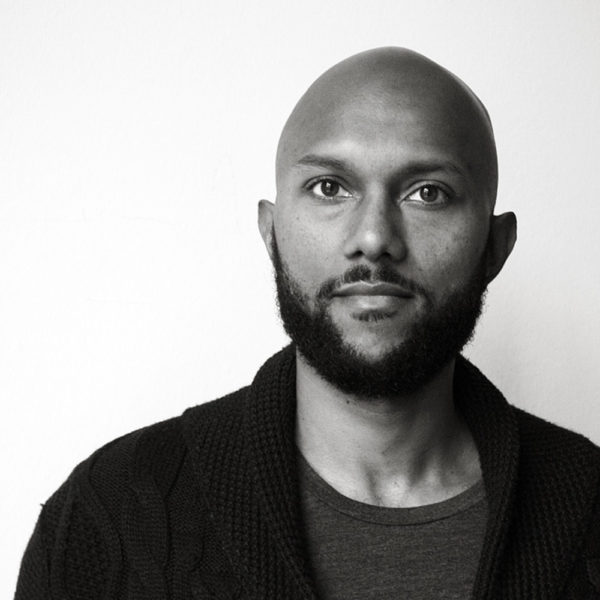 Eddie Bruce-JonesBirkbeck College School of Law, University of London, UK
Eddie Bruce-JonesBirkbeck College School of Law, University of London, UK -
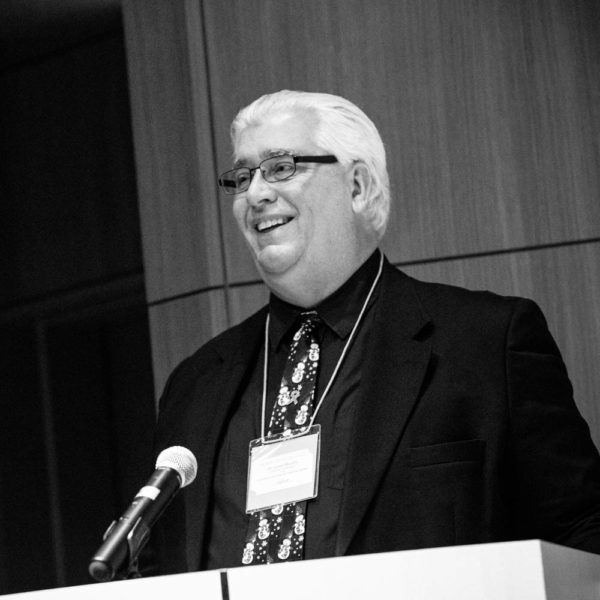 James W. McNallyUniversity of Michigan, USA & NACDA Program on Aging
James W. McNallyUniversity of Michigan, USA & NACDA Program on Aging -
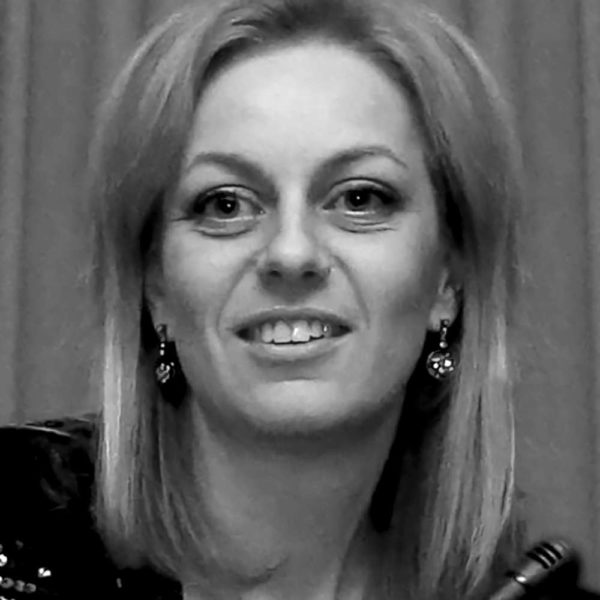 Evangelia ChrysikouUniversity College London, UK
Evangelia ChrysikouUniversity College London, UK
ECSS2019 Review Committee
- Dr Carl Fraser, Coventry University, United Kingdom
- Dr Carmina Serrano-Lanzuela, Universidad Complutense De Madrid, Spain
- Dr Israel Patiño, Universidad La Salle Noroeste, Sonora, Mexico, Mexico
- Dr Joanna Kepka, University of Nevada, United States
- Professor José Miguel Soares, ISEG - Lisbon School of Economics & Management, Universidade de Lisboa, Portugal
- Dr Mohamed Ghanem, Faculty of Law, Tanta University, Egypt
- Dr Subir Rana, Independent Scholar, India
IAFOR's peer review process, which involves both reciprocal review and the use of Review Committees, is overseen by conference Organising Committee members under the guidance of the Academic Governing Board. Review Committee members are established academics who hold PhDs or other terminal degrees in their fields and who have previous peer review experience.
If you would like to apply to serve on the ECSS2019 Review Committee, please visit our application page.
IAFOR Research Centre (IRC) – “Innovation and Value Initiative”
The IAFOR Research Centre (IRC) is housed within Osaka University’s School of International Public Policy (OSIPP), and in June 2018 the IRC began an ambitious new “Innovation and Value Initiative”. Officially launched at the United Nations in a special UN-IAFOR Collaborative Session, the initiative seeks to bring together the best in interdisciplinary research around the concept of value, on how value can be recognised, and measured, and how this can help us address issues and solve problems, from the local to the global.
